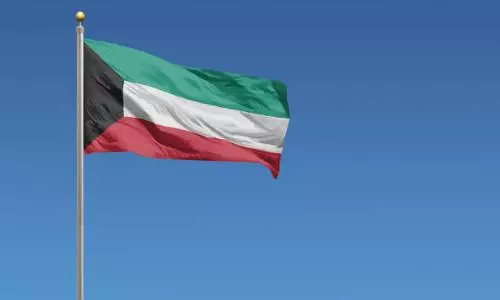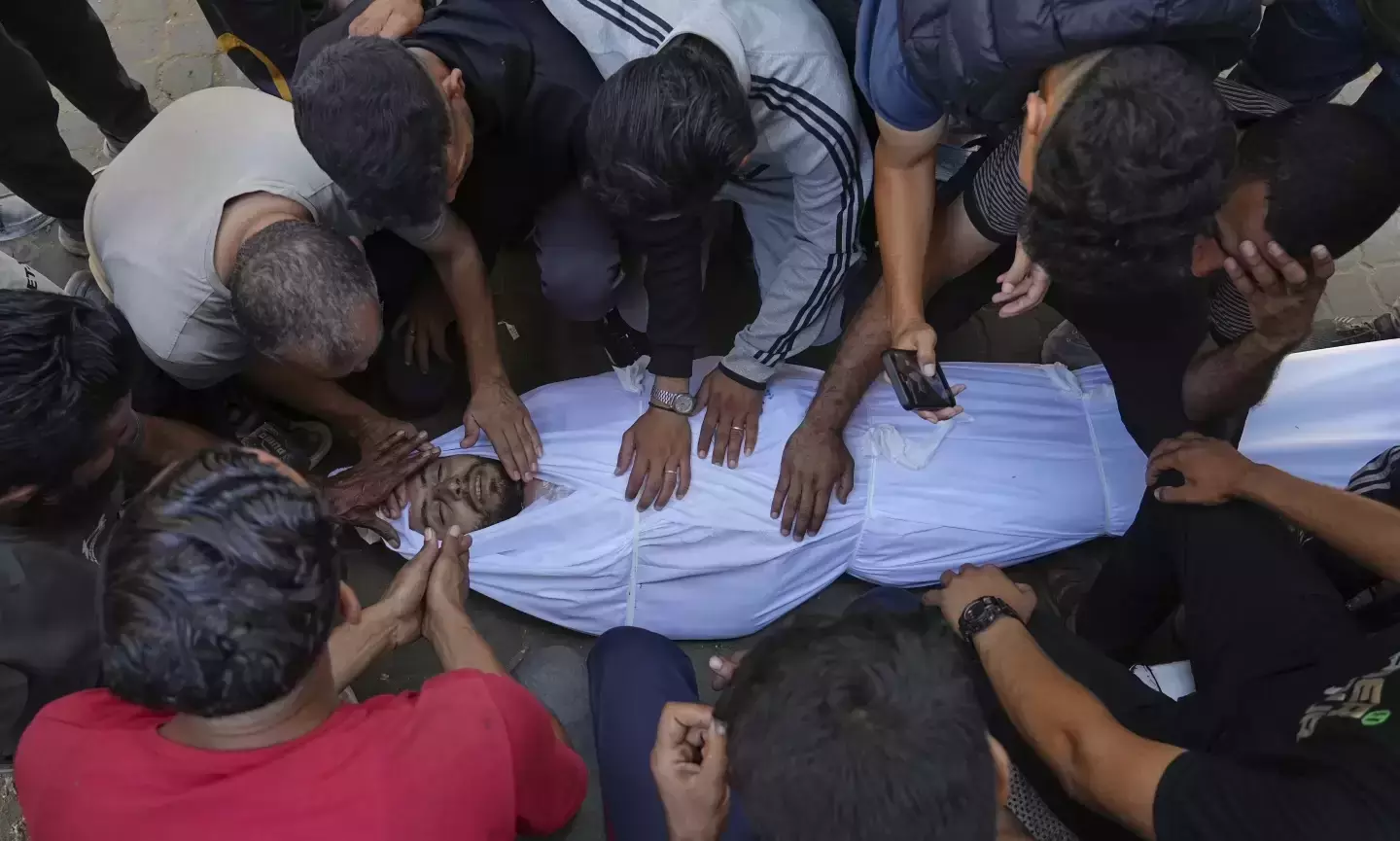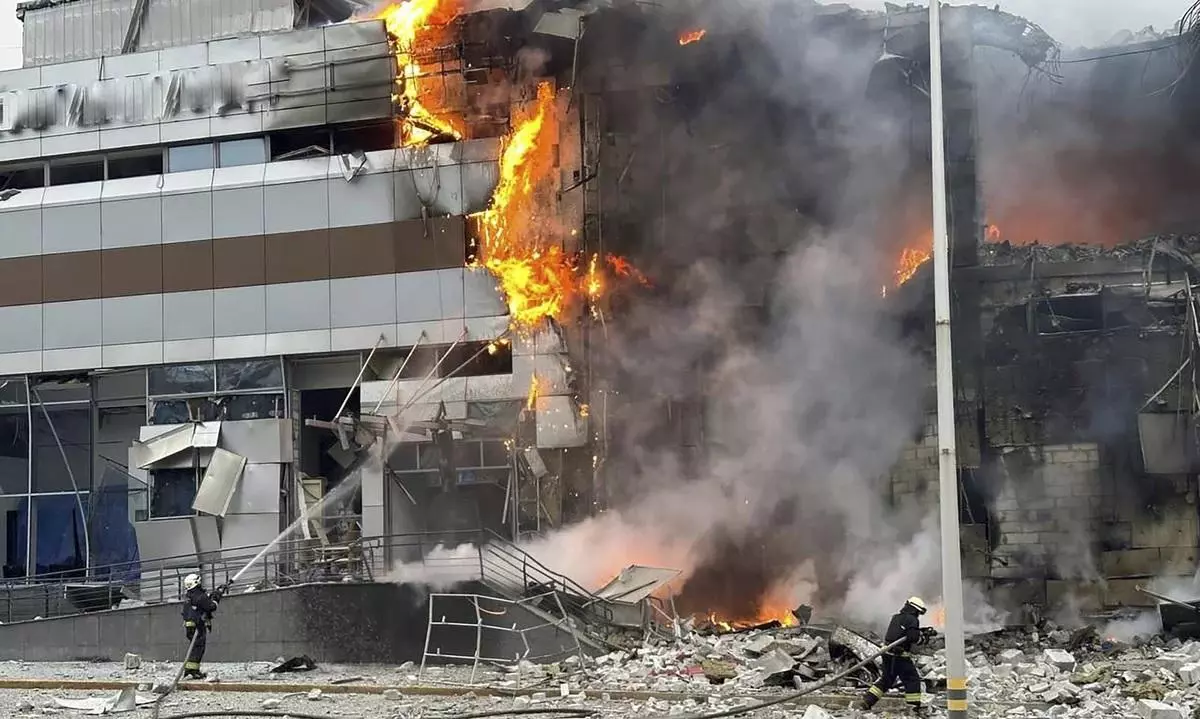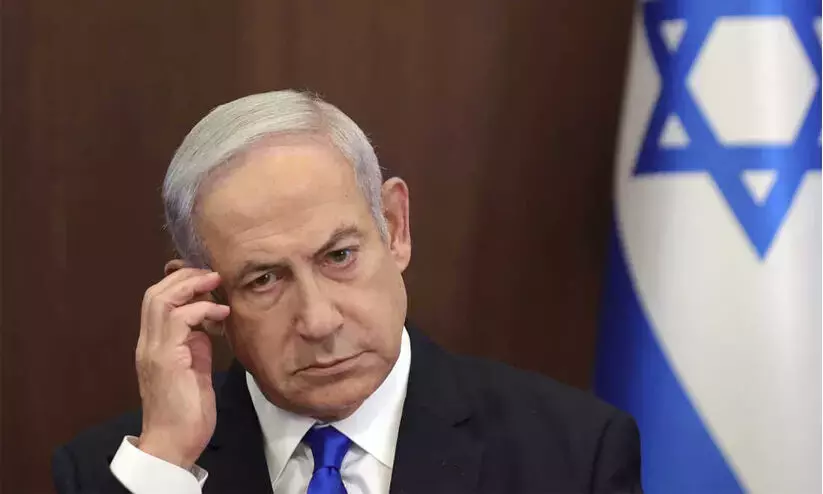
Trump calls for Gaza ceasefire deal amid signs of progress
text_fields(AP photo)
Tel Aviv: United States President Donald Trump on Sunday urged progress in ceasefire negotiations in the Gaza war, calling for a deal to halt the nearly 20-month-long conflict as Israel and Hamas appeared to be moving closer to an agreement.
An Israeli official, speaking on condition of anonymity, said that plans were being considered for Prime Minister Benjamin Netanyahu to visit Washington in the coming weeks—an indication that diplomatic movement on a new deal might be underway. The official did not disclose the purpose of the visit.
Posting early Sunday on Truth Social, Trump wrote, “MAKE THE DEAL IN GAZA. GET THE HOSTAGES BACK!!!” between messages focused on a Senate vote regarding his proposed tax and spending cuts.
On Friday, Trump raised expectations of a possible breakthrough, suggesting a ceasefire agreement could be reached within a week. “We’re working on Gaza and trying to get it taken care of,” he told reporters. Despite a temporary eight-week ceasefire earlier this year, all further efforts since then have failed to secure a lasting truce.
Ron Dermer, Israeli Minister for Strategic Affairs and a close adviser to Netanyahu, is expected to travel to Washington this week for talks focused on a ceasefire.
In addition to his call for peace, Trump also renewed his criticism of the ongoing corruption trial against Netanyahu, calling it a “POLITICAL WITCH HUNT” similar to the legal cases he faces in the U.S. In a Saturday post on Truth Social, Trump wrote that the trial was interfering with Netanyahu’s efforts to secure a deal with Hamas. “How is it possible that the Prime Minister of Israel can be forced to sit in a Courtroom all day long, over NOTHING,” he said.
Trump had made similar statements the previous week, urging Israel to cancel Netanyahu’s trial—remarks that stirred discomfort within Israel despite Trump’s enduring popularity in the country.
A central sticking point in ceasefire negotiations has been whether the war should end entirely as part of any deal. Hamas says it is ready to release all hostages in exchange for a complete Israeli troop withdrawal and a full cessation of hostilities. Israel has rejected that demand, insisting it would only end the war if Hamas surrenders, disarms, and its leadership goes into exile—terms Hamas refuses to accept.
Hamas official Mahmoud Merdawi accused Netanyahu of blocking progress, claiming that the Israeli leader was only pushing for a partial deal that would release 10 hostages. In response, Netanyahu’s spokesperson Omer Dostri blamed Hamas as the sole obstacle to ending the war, without directly addressing Merdawi’s remarks.
The conflict began with Hamas’ deadly October 7, 2023, assault, in which around 1,200 Israelis were killed and roughly 250 hostages taken. Israel’s retaliatory military campaign has since killed more than 56,000 people in Gaza, according to local health officials. While the figures do not distinguish between militants and civilians, over half of the reported casualties are women and children.
The war has devastated Gaza, creating a humanitarian crisis, displacing much of the population—many more than once—and leaving entire urban areas in ruins.
On Sunday, the Israeli military issued new evacuation orders in northern Gaza, particularly targeting areas that were among the earliest battlegrounds in the conflict. Col Avichay Adraee, a military spokesperson, announced the evacuation order on social media, citing multiple neighbourhoods in eastern and northern Gaza City and the Jabaliya refugee camp.
Adraee said the military would escalate operations in the north and instructed residents to move south to the Muwasi area. While northern Gaza had been nearly emptied earlier in the war, hundreds of thousands have since returned during temporary ceasefires. Israel’s ongoing offensive aims to relocate civilians to the south to facilitate military operations against militants, though rights groups warn this may amount to forcible displacement.
With PTI inputs




















